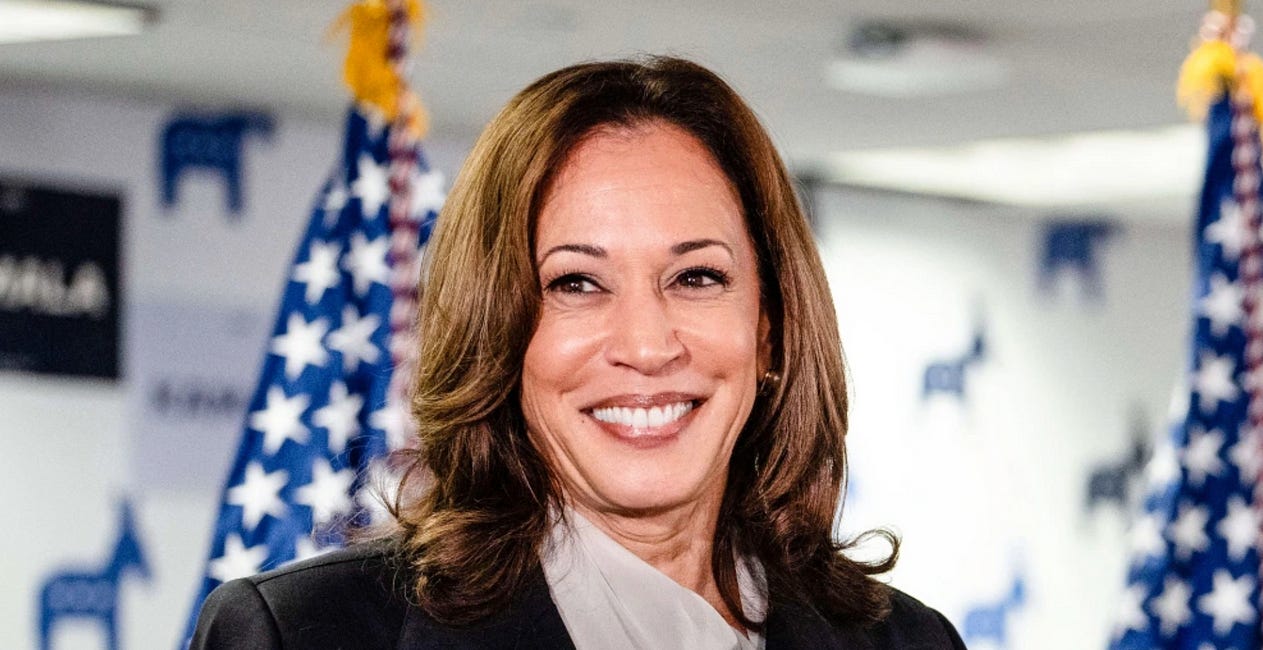In every election season, there’s a sense of paralysis that arises. It’s no secret that large portions of the electorate are growing more and more discouraged with the same establishment politics and the same politicians who abandon half of their campaign promises the moment they take office.
There was a wave of idealism that overtook much of the country in 2008 when Obama won the election. But the “Yes we can” call to action had lost most of its punch by the time people realized Obama wouldn’t be able to achieve everything he’d hoped and anticipated. Hamstrung by the political opposition that resisted him at every turn, his terms in office were ones that left many within the country feeling discouraged about our leaders.
Bernie Sanders was a voice that reinvigorated much of the political interest that had fled the country after Obama’s tepid two terms. But after Sanders’ 2020 campaign faltered, there were large swaths of young and old alike who appeared unwilling to support Biden. They thought he was a milquetoast choice for president. Many remained diametrically opposed to Trump’s Republican party, but still needed something more than Biden as an option for them to feel compelled to engage in the political process.
Biden’s first term in office has been by and large successful and Kamala Harris’ qualifications as a prospective leader are impressive. And yet, there are those who still fail to see the point in supporting either side in this upcoming race. They’re numb to the outcome.
One of the challenges in presenting the case for voting is that it often feels that we can do no better than “the lesser of two evils” argument. It’s such a tired stance that there’s a certain shame in presenting it. It’s an argument people are already familiar with. When discouraged citizens hear those words, they fall on deaf ears.
But embedded in the calls to avoid voting booths on election day completely is the notion that all of our politicians are the same. So voters are forced to recite the same tired truisms to doubters about how “your vote counts!” and how “not voting at all is a vote for the enemy.”
As a slight skeptic of the power vested within my own vote, it can feel a little strange sometimes for me to recite these talking points I don’t fully believe. There are valid reasons to distrust our government and reasons to be cynical of our democracy and the power embedded within each of our votes.
Our institutions aren’t perfect. We gerrymander and play political games. It’s a popular belief that we’d be better off with an absolute democracy — one that disallows politicians to win elections with fewer votes, as happened in the 2016 election when Hillary Clinton received nearly 3 million more votes than Trump, yet was still forced to concede a loss. No Republican has won the popular vote for president in over a decade and that stark fact is telling.
But it’s not commonly understood what a seismic difference it would be between where our government stands now, and what it would mean for us to slip into authoritarianism or anarchy. And that’s precisely what’s at stake in our election. There are no equivalencies to be made between Trump and Harris that hold true. More than a choice between presidents, the people of our country are faced with a choice between systems of government.
Trump has no intention of being the ruler of a democracy. The leadership he craves is tyranny. He wants to silence dissenters, imprison opponents, and fulfill all of his personal vendettas. He’s made it expressly clear in rally after rally that the rule he wants is absolute. He’s threatened violence and his own allies have come forward to admit that he’s a fascist with no aim to preside over a republic.
Kamala Harris may not be perfect, but she stands as a wall between our democracy and the aspiring despot poised to take it. Our institutions are flawed, but they remain better than so many alternatives. If our schisms continue to widen, our age-old institutions could crumble. If we democratically elect a leader who does not believe in democracy, it will be a moral and intellectual betrayal of bonds that have withstood whole centuries.
Our votes aren’t as consequential as they could be. But they’re not valueless.
Votes cast for candidates who believe in democracy are votes for a future in which votes mean something. Should our current system fall, and should we install a tyrant, elections may continue to take place. But they’ll mean little more than when Putin won his fifth consecutive election. If Trump returns to power, what it will mean to be an American citizen may change.
In the motivation not to vote, there’s a flagrant defeatism. The feeling is understandable. Many rightly fear that, even if Harris should win this election, it won’t quell the concerns that made Trump popular to begin with.
Following the 2020 election, there was a lofty hope among liberals that Biden’s victory would mark a swift end to Trumpian politics. But some surmised that a new administration wouldn’t mean the sudden disenfranchisement of the millions who voted for Trump.
It’s true that the 2024 election isn’t likely to put an overnight end to Trump or his political party. But when we consider the ways that political parties in this country have shifted around since our Declaration of Independence was first signed, it becomes clear that little lasts.
There’s no guarantee that Trumpian politics won’t succumb to a fate similar to the Federalists and the Whigs. Politics shift. Entire parties go extinct. And if Trumpian Republicans lose enough elections, they’ll be forced to evolve into something that’s more tenable for the majority of Americans.
It’s already a shared sentiment among many Republicans in and outside of government that Trump is a losing candidate. If there’s a singular figure to blame for the three consecutive Republican losses in 2018, 2020, and 2022, it’s the former president. 2024 may be the election it takes to nail the coffin in his politics completely.
If there’s one thing that’s true of politicians, it’s that their opinions shift with popular trends. Once establishment Republicans read the room and see the Trump flags and banners are beginning to peel from the walls, they’ll defect. Once he loses the election, there’s no further candidacy they’ll be willing to entertain from the 82-year-old, age-addled Trump.
But it will demand a decisive victory for Harris. A blue sweep may be the change it requires for us to pass laws ensuring criminal demagogues like Trump never take office again. It could be the change it takes for the disparity Trump introduced into the judiciary to be rectified. A vote could be the difference between whether documented felons face justice for their crimes or ascend to the highest office in the land.
A vote could be a difference between a future in which votes count, and one in which they do not.













Share this post